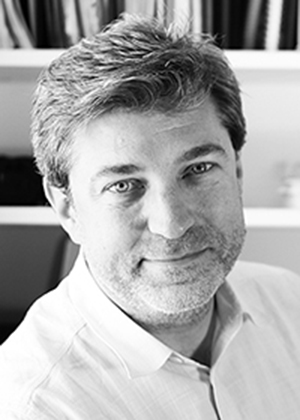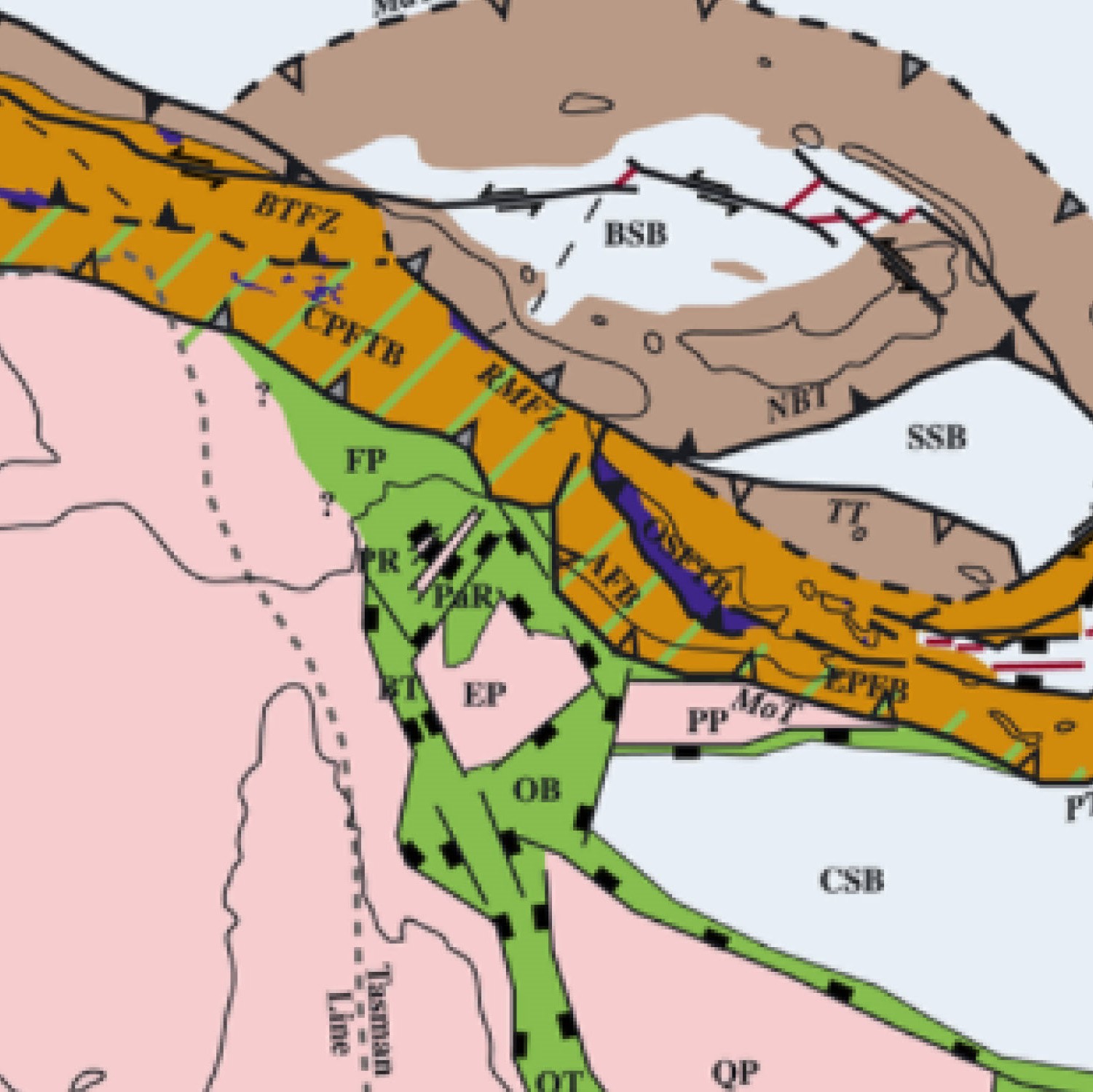
The fields of ecosystem ecology and land-atmosphere interactions owe a great debt to Dr. David J. P. Moore and his work in shepherding the next generation of Earth system scientists. Dave is at the vanguard of a community effort to train early-career scientists and technical professionals how to combine data and models to assess impacts of global change on ecosystems and associated biogeochemical cycles. Dave helped develop a first-of-its-kind summer course in flux observations and advanced modeling (Fluxcourse). Under his leadership, the 2-week course is now entering its twelfth year. The Excellence in Earth and Space Science Education Award recognizes Dave’s passion and educational accomplishments in Fluxcourse and sustained contributions to education and professional development of early-career scientists.
More than 200 scientists from around the world have been trained by the course, in emerging global change fields that are increasingly important but not available at many universities. The course brings a diverse student body to a beautiful research station in the Colorado Rockies, where they gain hands-on experience in eddy covariance, integration of high-density databases, model-data fusion, and ecological synthesis and inference. Modules are taught by the world’s experts, and the collaborative assignments foster career-building connections. Dave has succeeded in his commitment to increasing the participation of students and instructors traditionally underrepresented in the field, from multiple countries and institution types.
Dave’s pedagogic framework is highly effective. He employs social media tools, professionally produced interactive film modules for international education, and personal alumnus contacts. Five years ago, Dave launched an initiative to expand the reach of the course, building it into a novel, globally based platform that fosters long-term student and postdoc collaborations. This strategy has created a multidisciplinary network of dispersed but highly motivated early-career researchers capable of tackling the difficult tasks of Earth system forecasting and climate impact assessment.
Dave’s dedication to Fluxcourse is catalyzing a major transformation in the way we participate in international education and collaboration in our field. Scientists now collect and store more ecological observations than ever before, spurring a need for new analytical approaches built upon open data and collaboration that use empirical, statistical, and process-based modeling approaches. Fluxcourse fills a critical training and pedagogical need in model-data fusion that supports analysis at policy- and management-relevant scales and fosters the development of cross-discipline alliances that span career stages and expertise. Dave Moore’s impact will be felt in our community for generations to come.
—Ankur R. Desai, University of Wisconsin–Madison; Margaret S. Torn, Lawrence Berkeley National Laboratory, U.S. Department of Energy, Berkeley, Calif.; and Kimberley A. Novick, Indiana University Bloomington

Dryland ecosystems cover 40% of our planet's land surface, support billions of people, and are responding rapidly to climate and land use change. T...





